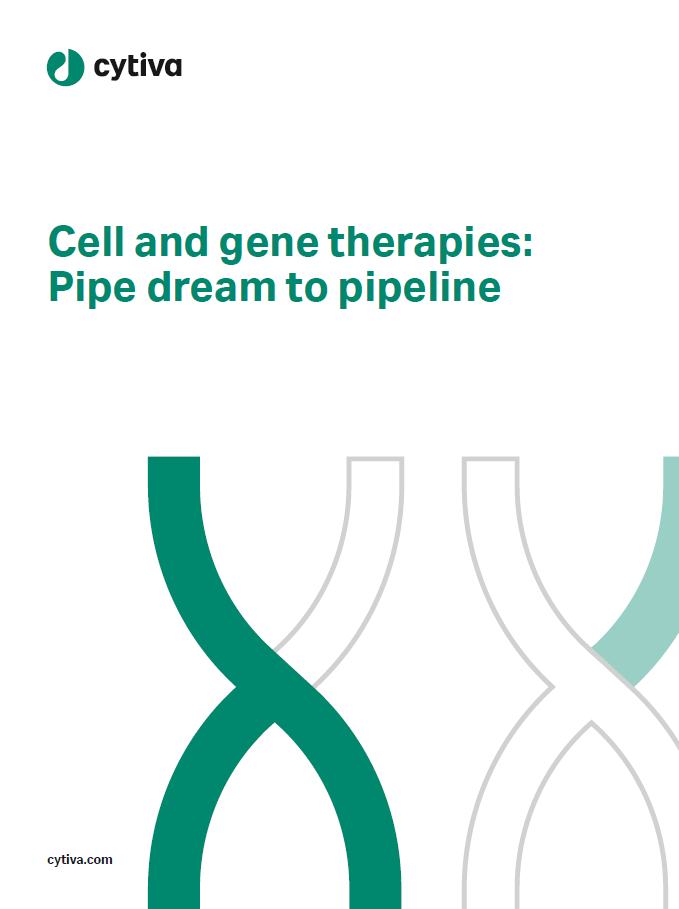

RegenxBio has revealed plans to submit a biologics licence application (BLA) for RGX-202, its investigational gene therapy for Duchenne muscular dystrophy (DMD), following positive data from the Phase I/II portion of its AFINITY DUCHENNE trial.
The US company has secured alignment from the US Food and Drug Administration (FDA) to pursue an accelerated approval pathway, with a BLA submission expected in 2026. As part of its next steps, Regenxbio is now moving forward with a pivotal trial, with the first patient already dosed.
Data from the Phase I/II trial (NCT05693142) revealed significant functional improvements among all five participants. RGX-202 – an adeno-associated virus (AAV) gene therapy – outperformed natural history controls on both the North Star Ambulatory Assessment (NSAA) and timed function tests, indicating its potential to alter DMD’s progression.
Patients in the pivotal dose group showed a 5.5-point improvement in NSAA scores at nine months while participants at dose level one showed clinically meaningful improvements in timed tasks at 12 months. These outcomes, benchmarked against external natural history controls matched by age and baseline function, demonstrate evidence of RGX-202 improving disease trajectory, as per Regenxbio.
Biomarker analysis further validated RGX-202’s mechanism of action, showing robust expression of microdystrophin transgene in muscle tissue. Treatment also exhibited a favourable safety profile, with no serious adverse events or adverse events of special interest reported across both dose levels.
This announcement comes on the heels of new draft guidance released by the FDA on 18 November, designed to streamline the development and submission of cell and gene therapies. The 40-page document – which aims to clarify FDA processes such as pre-investigational new drug (IND) meetings and long-term safety monitoring – was created as part of the FDA’s ongoing effort to support the efficiency of cell and gene therapy development.
How well do you really know your competitors?
Access the most comprehensive Company Profiles on the market, powered by GlobalData. Save hours of research. Gain competitive edge.

Thank you!
Your download email will arrive shortly
Not ready to buy yet? Download a free sample
We are confident about the unique quality of our Company Profiles. However, we want you to make the most beneficial decision for your business, so we offer a free sample that you can download by submitting the below form
By GlobalDataDMD is a rare, progressive genetic disorder characterised by the degeneration and weakness of muscles. It primarily affects boys and is caused by mutations in the dystrophin protein that helps protect muscle fibres. Duchenne usually manifests in early childhood and significantly shortens life expectancy, making the need for effective treatments urgent.
Regenxbio’s pivotal trial of RGX-202 will now expand to enrol approximately 30 ambulatory patients aged one and older. Key trial endpoints include the proportion of patients with significant microdystrophin expression at week 12, as well as improvements in functional tests.
Currently, Sarepta Therapeutics’ Elevidys (delandistrogene moxeparvovec-rokl) is the only approved gene therapy for DMD. Approved via the accelerated pathway in 2023 for ambulatory boys aged four or five, Elevidys’s label was expanded in June 2024 to include DMD patients aged four and over with confirmed DMD mutations.
Sarepta’s Phase III pivotal EMBARK study (NCT05096221) of Elevidys failed to meet its primary endpoint – missing statistical significance in the NSAA. However, the study delivered statistically significant results in secondary measures including time to rise and the 10m walk test. According to GlobalData’s Pharma Intelligence Center, Elevidys is set to generate $3.2bn in sales in 2030 while RGX-202 is estimated to reach $292m in 2030.
GlobalData is the parent company of Pharmaceutical Technology.
Cell & Gene Therapy coverage on Pharmaceutical Technology is supported by Cytiva.
Editorial content is independently produced and follows the highest standards of journalistic integrity. Topic sponsors are not involved in the creation of editorial content.




